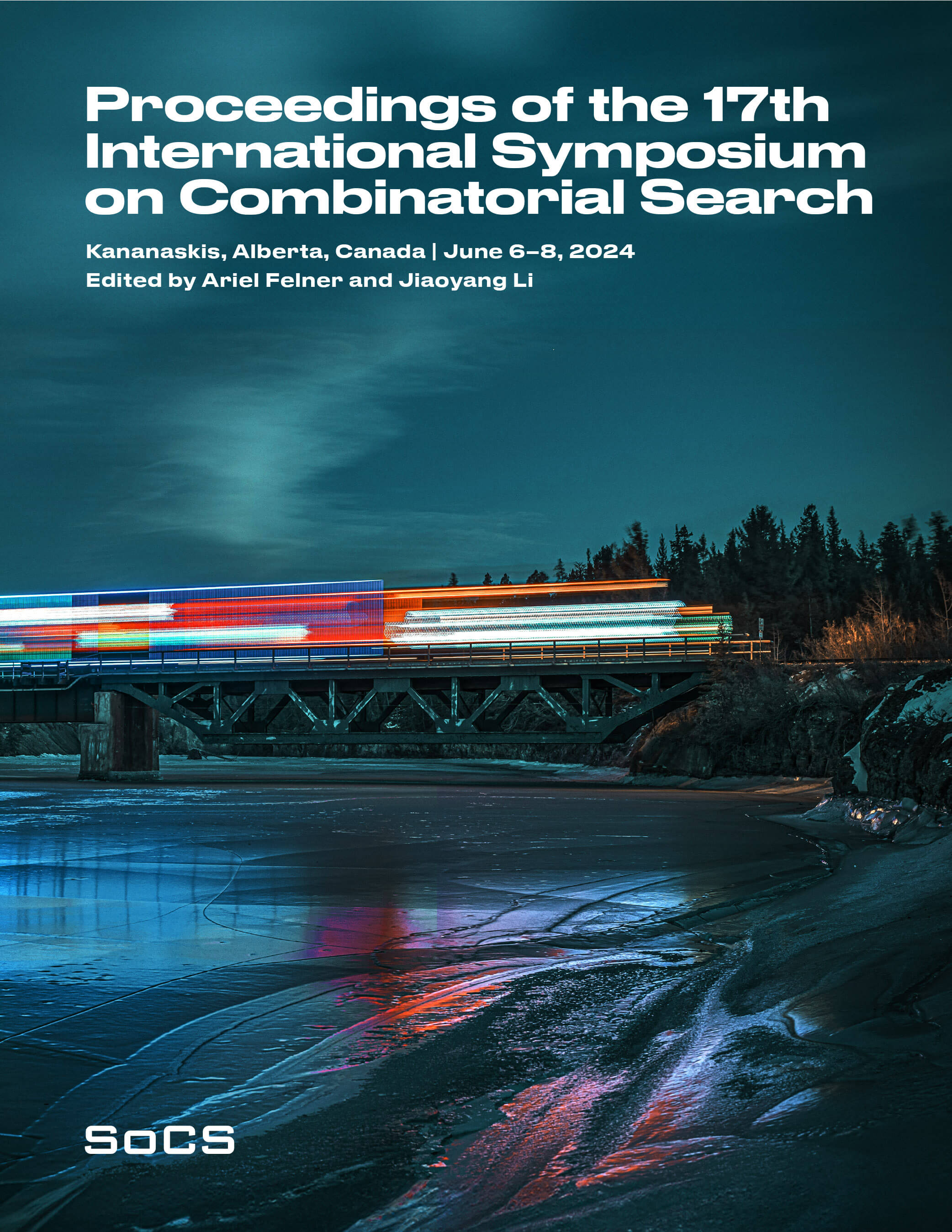Curriculum Generation for Learning Guiding Functions in State-Space Search Algorithms
DOI:
https://doi.org/10.1609/socs.v17i1.31546Abstract
This paper investigates methods for training parameterized functions for guiding state-space search algorithms. Existing work commonly generates data for training such guiding functions by solving problem instances while leveraging the current version of the guiding function. As a result, as training progresses, the guided search algorithm can solve more difficult instances that are, in turn, used to further train the guiding function. These methods assume that a set of problem instances of varied difficulty is provided. Since previous work was not designed to distinguish the instances that the search algorithm can solve from those that cannot be solved with the current guiding function, the algorithm commonly wastes time attempting and failing to solve many of these instances. In this paper, we improve upon these training methods by generating a curriculum for learning the guiding function that directly addresses this issue. Namely, we propose and evaluate a Teacher-Student Curriculum (TSC) approach where the teacher is an evolutionary strategy that attempts to generate problem instances of ``correct difficulty'' and the student is a guided search algorithm utilizing the current guiding function. The student attempts to solve the problem instances generated by the teacher. We conclude with experiments demonstrating that TSC outperforms the current state-of-the-art Bootstrap Learning method in three representative benchmark domains and three guided search algorithms, with respect to the time required to solve all instances of the test set.Downloads
Published
2024-06-01
Issue
Section
Long Papers

